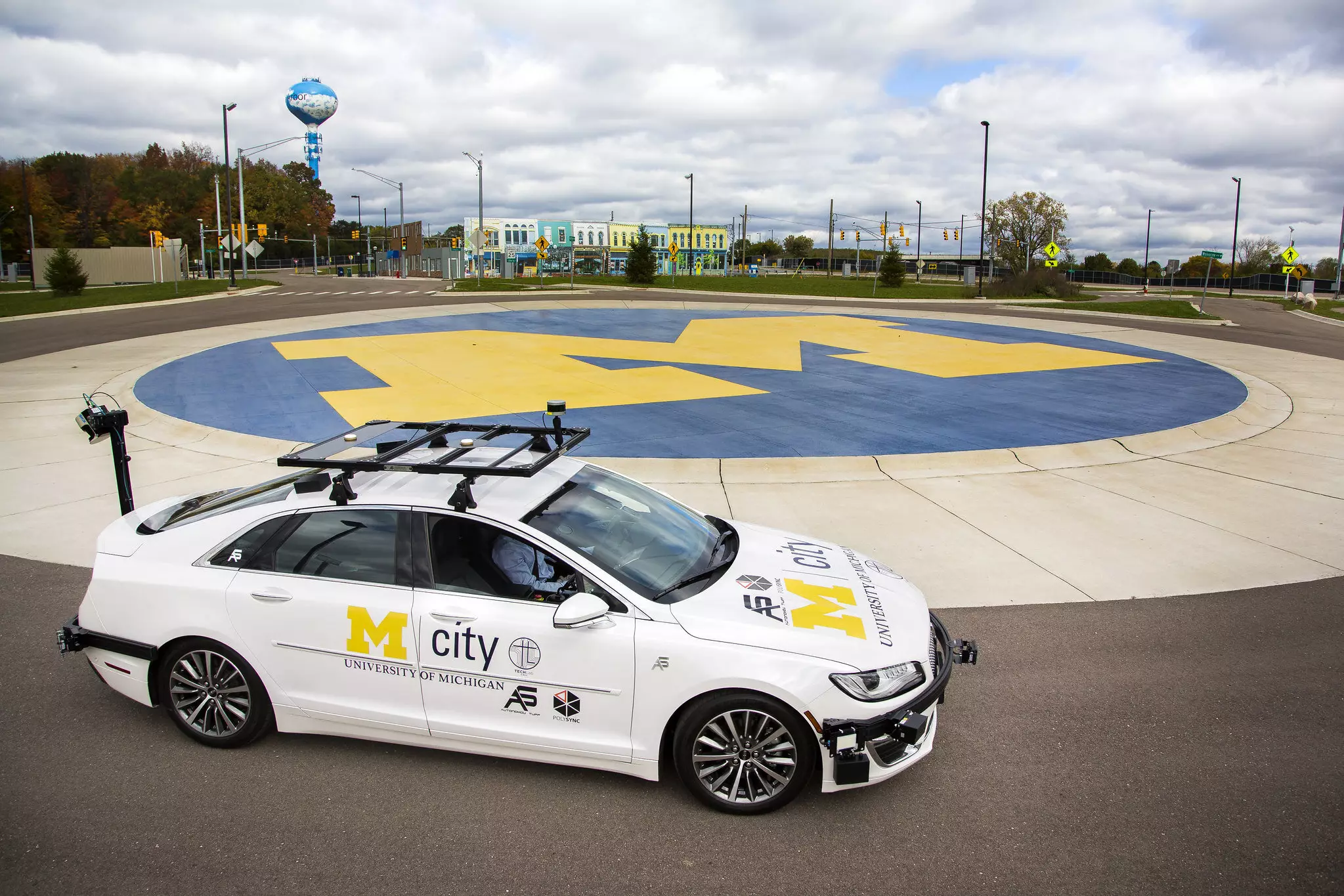The development of self-driving vehicle networks that collaborate and communicate with each other or infrastructure brings along the serious risk of data fabrication attacks. According to a study led by the University of Michigan, this network of collaboration and communication, known as vehicle-to-everything or V2X, is vulnerable to such attacks, even though it is not yet widely implemented on roads. The sharing of information among vehicles opens up the opportunity for hackers to introduce fake objects or remove real ones from perception data, potentially causing dangerous situations such as hard braking or collisions.
Sophisticated Attacks and Vulnerabilities
Unlike prior studies that focused on individual sensor security or simpler collaboration models, the research introduced by the University of Michigan team involved sophisticated, real-time attacks. These attacks were tested in both virtual simulations and real-world scenarios at the Mcity Test Facility. The researchers administered falsified LiDAR-based 3D sensor data that appeared to be realistic but contained malicious modifications to understand security vulnerabilities. The use of zero-delay attack scheduling, which introduces precise timing to malicious data without lag or delay, proved to be highly effective in both virtual and on-road scenarios.
To address the security risks associated with data fabrication attacks, the research team developed a countermeasure system called Collaborative Anomaly Detection. This system leverages shared occupancy maps, which are 2D representations of the environment, to cross-check data and quickly detect geometric inconsistencies in abnormal data. The system achieved a high detection rate of 91.5% with a low false positive rate of 3% in virtual simulated environments. Moreover, the system successfully reduced safety hazards in on-road scenarios at the Mcity facility, showcasing its effectiveness in countering data fabrication attacks in collaborative perception systems.
The findings of the study provide a robust framework not only for improving the safety of connected and autonomous vehicles but also for detecting and countering data fabrication attacks in various sectors such as transportation, logistics, smart city initiatives, and defense. By sharing comprehensive benchmark datasets and open-sourcing their methodology, the researchers aim to set a new standard for research in this domain. This will foster further development and innovation in autonomous vehicle safety and security, ensuring the protection of passengers and other drivers on the road.


Leave a Reply